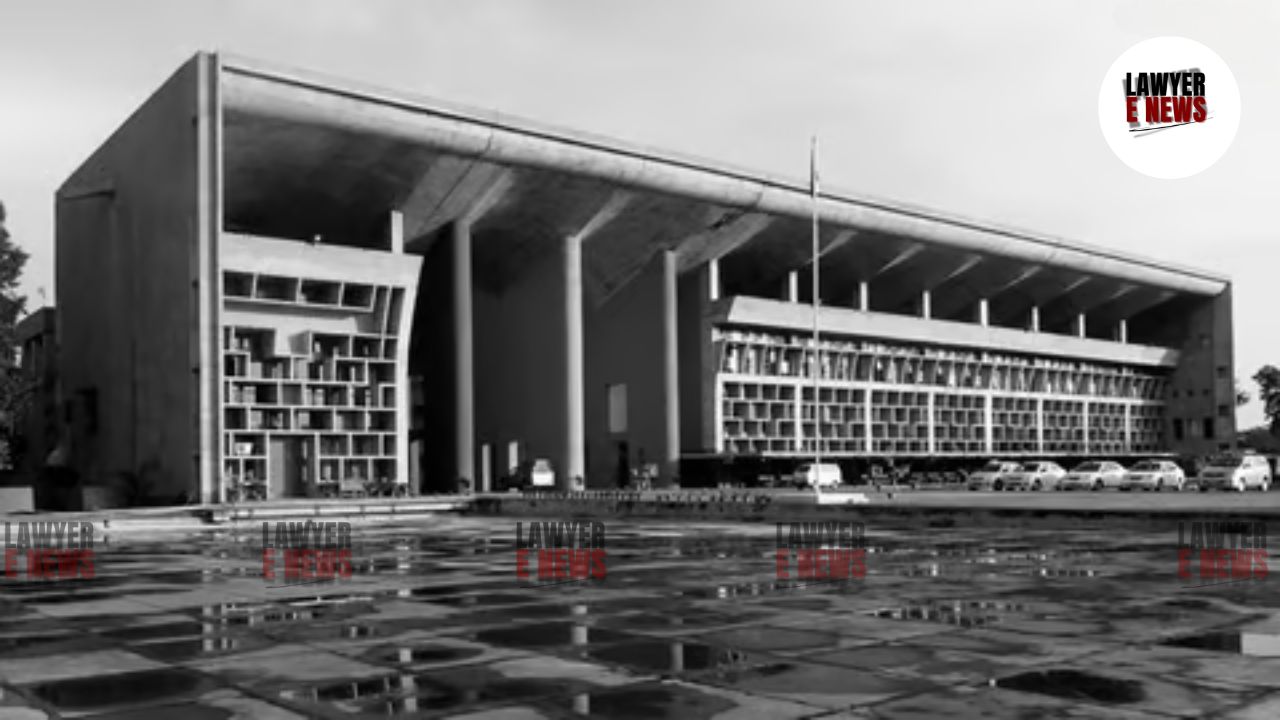-
by Admin
15 February 2026 5:35 AM



Plaintiff's claim of minority at the time of sale deeds execution unsupported by substantial evidence, says High Court. In a recent judgment, the Punjab and Haryana High Court dismissed the appeals of Rattan Kaur @ Paramjit Kaur, who contested the validity of two sale deeds executed in the early 1980s, arguing that she was a minor at the time of their execution. The judgment, pronounced by Justice Deepak Gupta, emphasized the necessity of solid evidence to substantiate claims of minority and alternate identities, underscoring the importance of accurate documentation in property disputes.
Rattan Kaur, also known as Paramjit Kaur, filed two civil suits challenging the sale deeds dated December 30, 1983, and February 3, 1984. She claimed that she was born on September 15, 1968, making her a minor at the time of the sale, rendering the deeds invalid. The initial trial court rulings were in her favor, but the defendants successfully appealed, leading to the dismissal of her suits by the First Appellate Court.
The primary issue in these appeals was the plaintiff's alleged minority at the time of executing the sale deeds and whether she was known by the names Rattan Kaur and Paramjit Kaur.
Evidence Assessment: The court noted discrepancies in the plaintiff's evidence. Her birth certificate (Ex.P1/A) listed the name Rattan Kaur with the birth date of September 15, 1968. However, school records and revenue documents identified her as Paramjit Kaur. Additionally, in both contested sale deeds, she was named Paramjit Kaur and asserted herself as an adult.
Witness Testimonies: The court found the testimonies of the plaintiff and her sister, Rachna, unreliable due to their vested interests. Notably, the plaintiff's mother and brothers, potential key witnesses, were not presented to substantiate her claims. This lack of corroborating testimony from disinterested parties weakened her position.
Justice Deepak Gupta emphasized the critical need for documentary evidence to support claims of minority and alternate identities. The court upheld the First Appellate Court's findings, which were based on a thorough evaluation of the available evidence. The court concluded that the plaintiff failed to prove that she was known as Rattan Kaur and that she was a minor when the sale deeds were executed.
Justice Gupta remarked, "The findings recorded by the First Appellate Court are based on proper appreciation of the evidence... It cannot be stated that birth certificate (Ex.P1/A) of Rattan Kaur pertains to the plaintiff." This statement underscores the importance of documentary proof in legal proceedings, especially in cases involving property and minor status.
The dismissal of Rattan Kaur's appeals by the Punjab and Haryana High Court highlights the judiciary's insistence on concrete evidence in property disputes. The judgment reinforces the need for accurate and consistent documentation, particularly when claims of minority or dual identities are involved. This decision is likely to impact future cases by setting a precedent for the level of proof required to substantiate similar claims
Date of Decision: May 3, 2024
